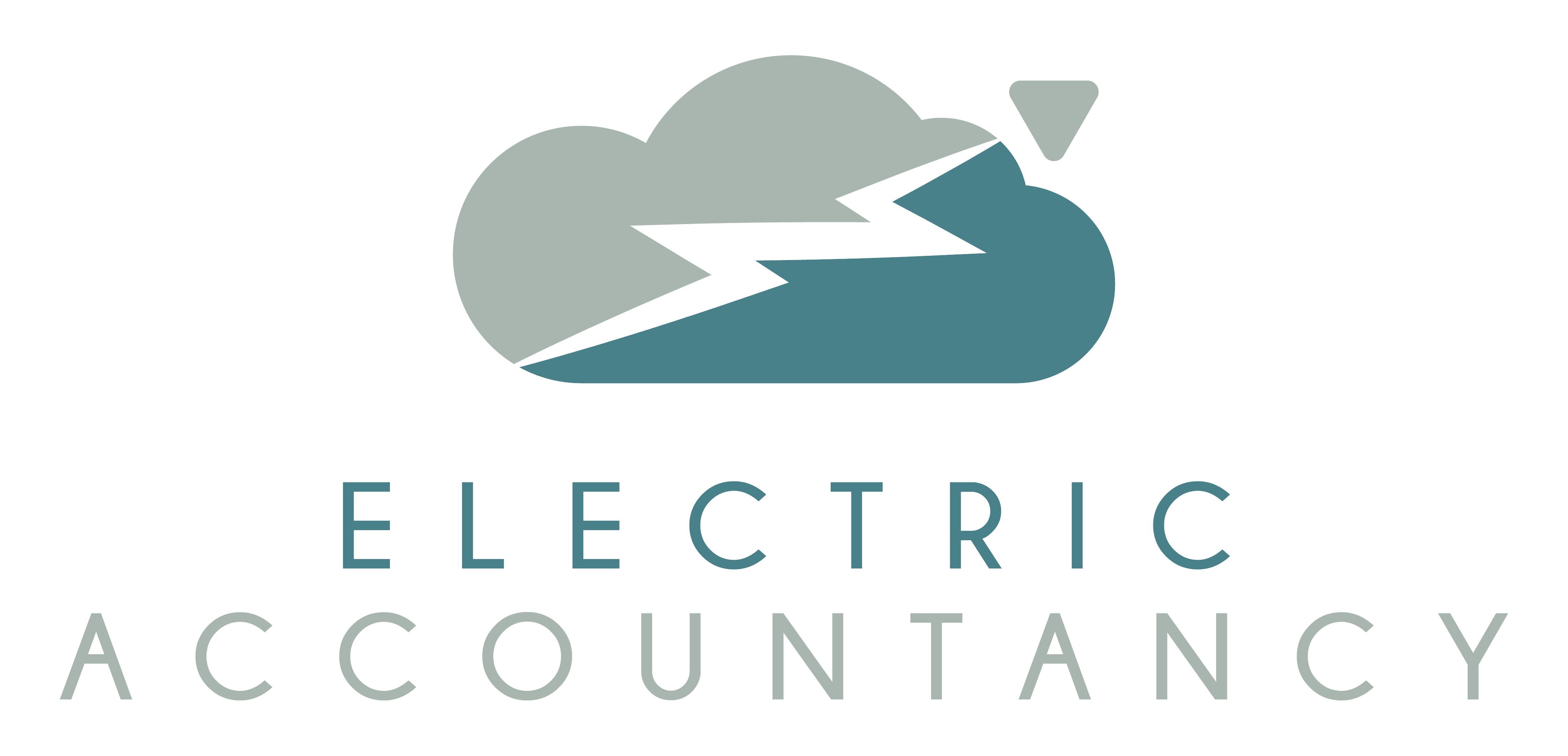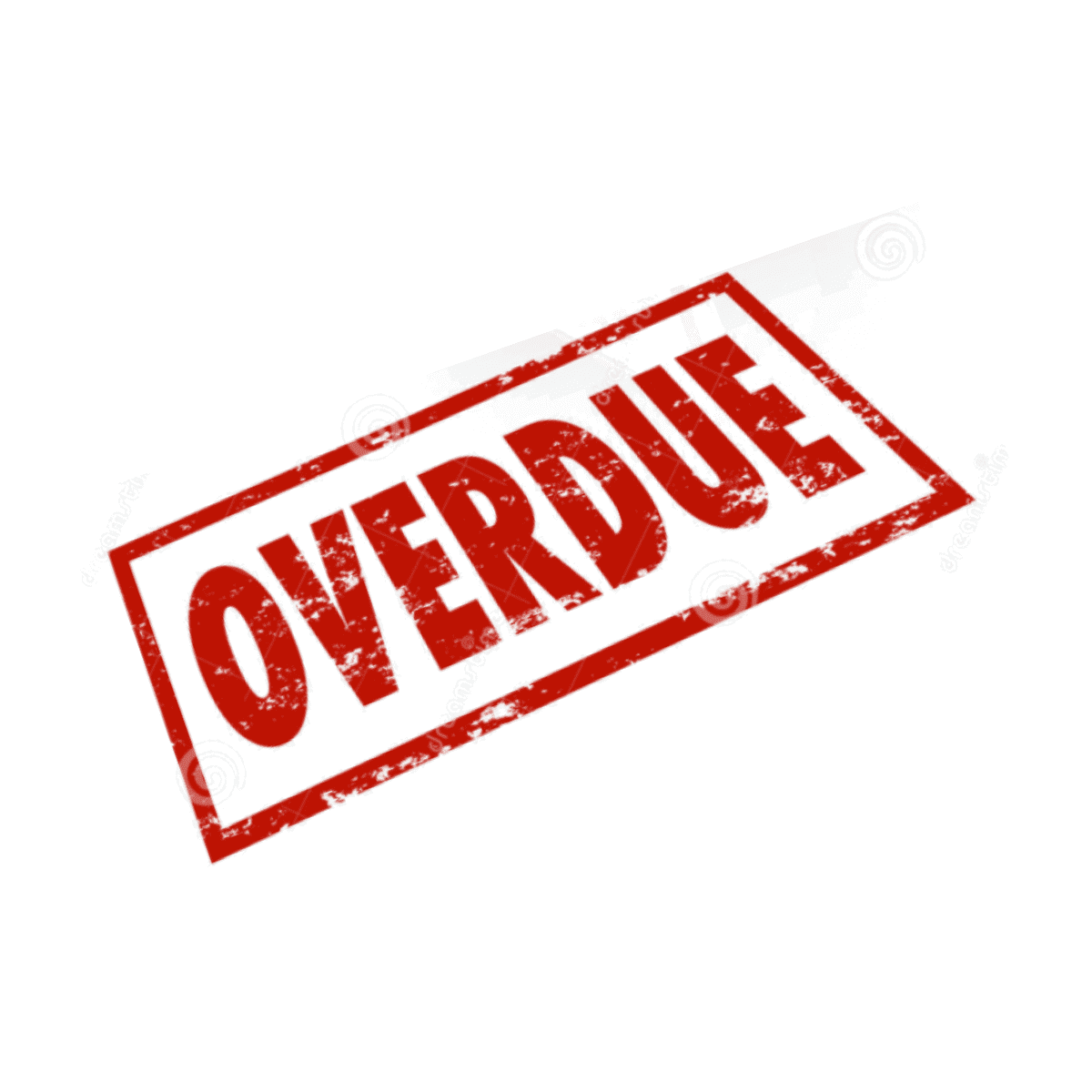Getting paid on time is vital for cash flow and business survival.
It’s also important for the overall economy and speed of the UK’s economic recovery following the pandemic.
At the start of 2021, £23.4 billion worth of late payments were owed to small businesses across the UK
(Small Business Commissioner, 2021)
Currently, 562,550 businesses are classed as in ‘significant financial distress’. (Begbies Traynor (third quarter 2021).
A study by the Centre for Economics and Business Research, suggests that if small businesses were paid on the day that invoices were sent, then their annual profits would increase by £6.3bn and an extra 460,000 jobs could be created.
How to protect yourself against late payments
Use our ‘Getting Paid‘ checklist. It contains 45 ideas to help you get paid on time and actions you can take when payments are late.
New Customers
1. Do you have a standard credit enquiry form – and is it used for every new customer?
2. Do you take full contact details?
3. Do you always take up trade references?
4. Do you always get bank references?
5. Do you always do a credit check?
6. Do you always set a credit limit?
7. Are credit terms always agreed in writing?
8. Do you always use your own standard (and expertly written) terms of trade?
9. Do you make it easy for customers to pay you, e.g. credit cards/GoCardless/Paypal?
10. Do you use a credit monitoring service for major customers to give you advance notice of any changes in their credit-worthiness?
Customer Orders
11. Do you always get a written order from the customer?
12. Do you check that the order form doesn’t attempt to change previously agreed terms?
13. Where the small print on the order form does differ from agreed terms, do you make sure that the differences are resolved in writing before accepting the order?
14. Do you always check whether the order will take the customer over their credit limit – and refuse to take orders that do?
15. Do you always get and keep proof of delivery?
16. Do you always make sure that the details on your delivery note are accurate?
17. Do you have a system for resolving delivery disputes quickly?
Invoices
18. Do your invoices include ALL of the following details?
-
Customer name and address
-
Address to which payment should be sent
-
Terms and conditions, including details of late payment interest charges
-
Purchase order details – name, number and date
-
Description of items supplied
-
Quantity details
-
Price details and discounts given
-
VAT rates, calculations and totals
-
Your VAT number
-
Total amount due
-
Date payment is due by
-
Payment terms
-
Details of how to pay
19. Are invoices raised the day goods are delivered?
20. Are invoices sent on the day they are raised?
21. Do you double check that the delivery is the right thing, in the right quantity, to the right place and at the right time… to avoid invoice disputes?
22. Are all invoices double checked for accuracy before being sent?
23. When sending large invoices do you always confirm that they have been received?
24. Do you have a system for resolving invoice disputes quickly?
Chasing Payments
25. Do you always have an accurate and up to date aged debtors listing to refer to?
26. Do you phone customers before large invoices are due to make sure there are no disputes?
27. Do you always chase overdue debts within a few days of them becoming overdue?
28. Do you chase the largest overdue debts first?
29. Do you send statements every 14 days?
30. Do you have a set of letters and telephone scripts that get progressively firmer as the debt gets older and older?
31. Are they used every single time?
32. Do you have a clear policy on when to use a solicitor or debt collection agency?
33. Do you always pursue claims through to the courts where necessary?
34. Do you bring the non-payment of an invoice to the attention of the actual user as well as the accounts department?
35. Do you keep a log of all “explanations” that can be referred back to quickly before each stage of the debtor chasing process?
36. Do you regularly review debtor days, amount of overdue debt, and the percentage of total debts that they represent?
Other Ideas
37. Do you hold a monthly prize draw for prompt payers?
38. Have you thought about putting your prices up by one-ninth, but offering a 10% discount to customers that pay within 14 days?
39. Have you created a bundle of other benefits exclusively for prompt paying customers?
40. Do you ask for payment in advance, or take a deposit?
41. Do you use factoring and invoice discounting?
42. Have you thought about outsourcing the whole process to a professional credit control company?
Finally
43. Have you signed up to the Government’s Prompt Payment Code? Be part of the solution by helping to change the culture.
44. Are you a member of the FSB? The membership fee gives you access to free advice and the FSB debt recovery service.
45. Did you know that The Small Business Commission provides free help and advice if you’re struggling with late payments?

